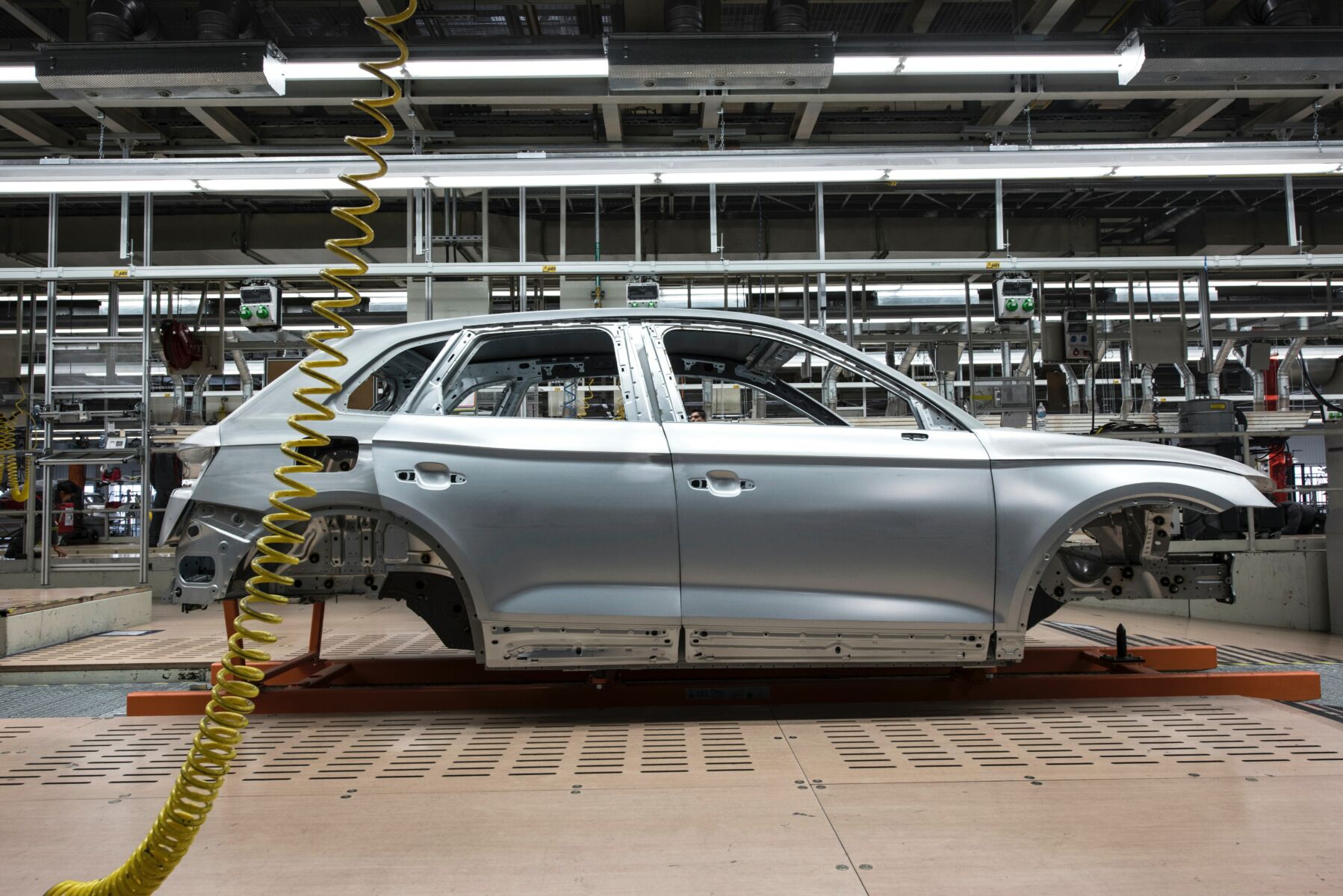Inspecting Toyota factory in Chachoengsao to assure car buyers of safety standards

Inspectors are set to visit the Toyota factory in Chachoengsao this week to ensure vehicle safety standards are met by the leading Japanese car manufacturer. This decision follows discussions on May 9 between the permanent secretary for industry, Nattapol Rangsitpol, and Akio Toyoda, the board chairman of Toyota Motor Corporation, concerning the safety test results for the eco-car Yaris Ativ. Eco-cars are designed with small engines to help drivers conserve energy.
Toyota submitted a “UN R95” test result, endorsed by a certified testing organisation, to the Industry Ministry to demonstrate that the Yaris Ativ met safety requirements and conformed to the standards set by industry authorities. The UN R95 refers to the safety standard created to protect the occupants of a vehicle during a lateral collision.
In April of last year, a scratch was discovered on the door of a Yaris Ativ’s driver’s side before undergoing the UN R95 test. Although this scratch was unrelated to the test itself, Toyota felt it was essential to clarify the situation.
According to Nattapol, Toyota expressed regret for the incident as it could potentially impact Thai customers’ confidence in the safety of the Yaris Ativ. He praised Toyota for identifying the irregularity and quickly informing Thai consumers of the issue.
To guarantee the safety of the car, Toyota decided to send Yaris Ativ models assembled in Thailand for safety testing in Japan, stated Nattapol. He added, “We are checking the UN R95 test result sent by Toyota.” Moreover, he said, “We also told officials to inspect auto parts used to make the door on the driver’s side and other related parts at the company’s factory by this week to boost consumer confidence.”
Toyota operates a car assembly plant at the Gateway City Industrial Estate in Chachoengsao.
Toyoda admitted the oversight but emphasised that the company strictly adhered to safety standard criteria before delivering cars to its customers. The planned inspection aims to reestablish trust in Toyota’s commitment to producing safe and reliable vehicles, benefiting both the manufacturer and its consumers, reports Bangkok Post.
Latest Thailand News
Follow The Thaiger on Google News:


























